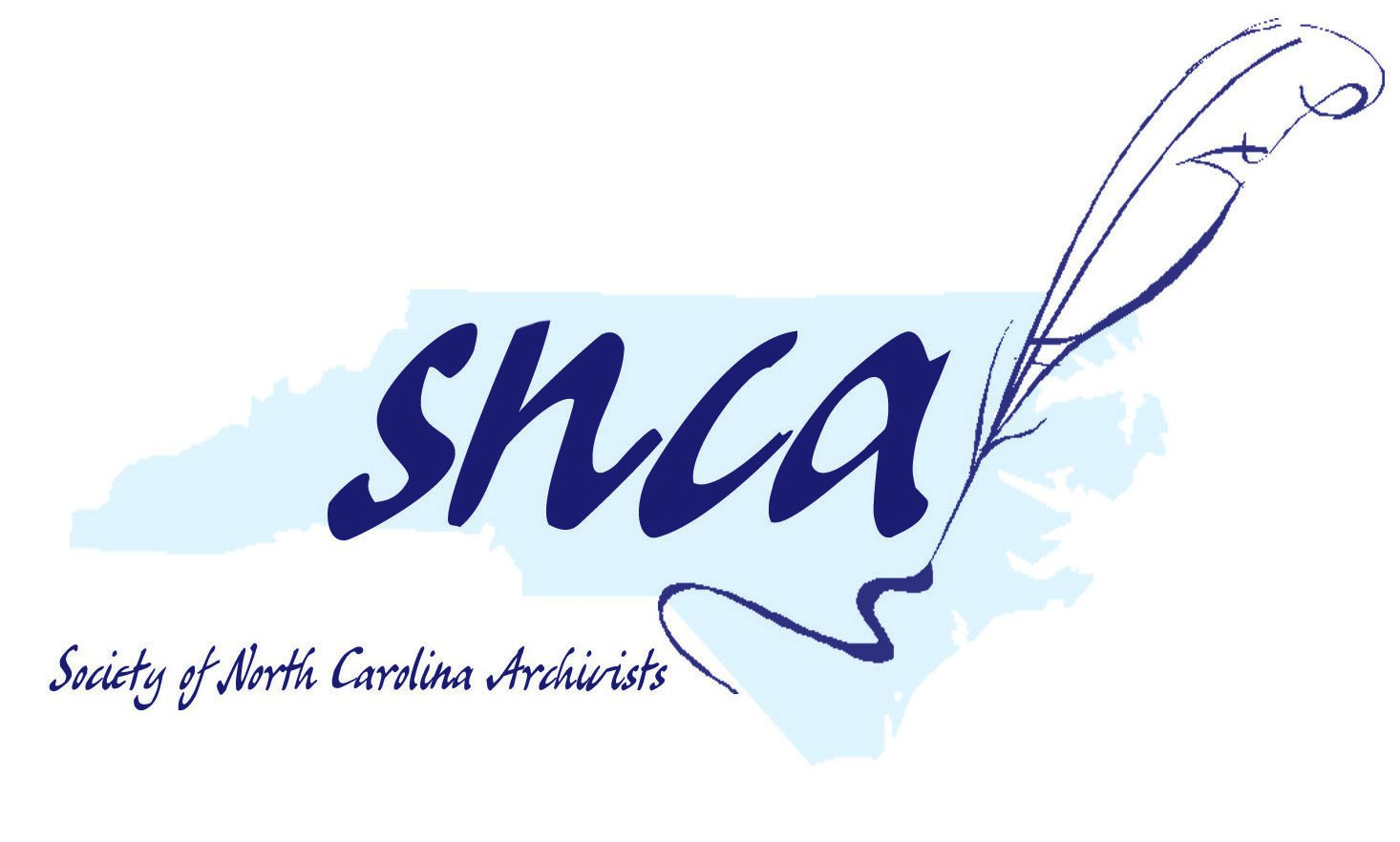SOCIETY OF NORTH CAROLINA ARCHIVISTS | PROFILE |
SNCA Blog
The blog contains articles on subjects of archival concern, announcements of archival events and meetings in the state and region, news from members and member institutions, and notices of professional opportunities and internships.
Want your content posted? Please complete the form linked here to have your content posted to the blog, listserv, social media accounts.
